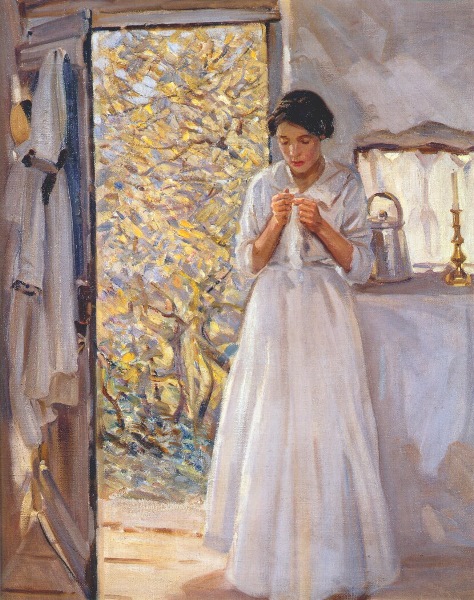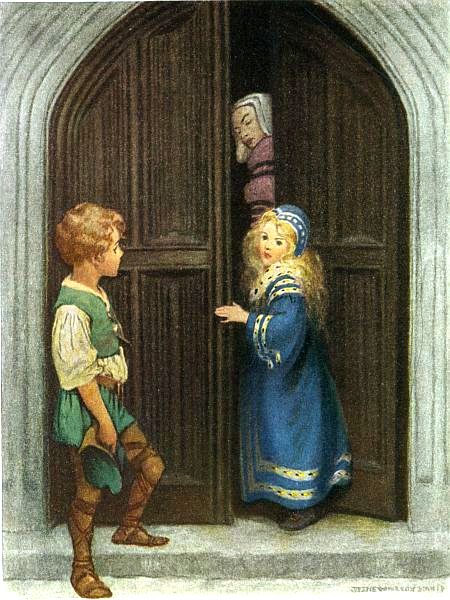“The human body is the best
picture of the human soul.” — Ludwig Wittgenstein
“My relationship with my body has changed. I used to
consider it as a servant who should obey, function, give pleasure. In sickness
you realize that you are not the boss. It is the other way round.” — Federico
Fellini
Midweek
Motif ~ Poetry about the Body
How do we view the image of our body? Do we see it with
the eye of the media / advertisement / anyone apart from our own self or is it
I am seeing my own body?
The artists of both ancient and modern world paid great homage to the
human body in their art and sculpture. No less, the modern writers, in their
words.
Sing about this human body.
Here is Walt Whitman in his nine part poem I
Sing the Body Electric:
1
I
sing the body electric,
The
armies of those I love engirth me and I engirth them,
They
will not let me off till I go with them, respond to them,
And
discorrupt them, and charge them full with the charge of the soul.
Was
it doubted that those who corrupt their own bodies conceal themselves?
And
if those who defile the living are as bad as they who defile the dead?
And
if the body does not do fully as much as the soul?
And
if the body were not the soul, what is the soul?
2
The
love of the body of man or woman balks account, the body itself balks
account,
That
of the male is perfect, and that of the female is perfect.
The
expression of the face balks account,
But
the expression of a well-made man appears not only in his face,
It
is in his limbs and joints also, it is curiously in the joints of his hips and
wrists,
It
is in his walk, the carriage of his neck, the flex of his waist and knees,
dress does not hide him,
The
strong sweet quality he has strikes through the cotton and broadcloth,
To
see him pass conveys as much as the best poem, perhaps more,
You
linger to see his back, and the back of his neck and shoulder-side.
The
sprawl and fulness of babes, the bosoms and heads of women, the folds of their
dress, their style as we pass in the street, the contour of their shape
downwards,
The
swimmer naked in the swimming-bath, seen as he swims through the transparent
green-shine, or lies with his face up and rolls silently to and fro in the
heave of the water,
The
bending forward and backward of rowers in row-boats, the horseman in his
saddle,
Girls,
mothers, house-keepers, in all their performances,
The
group of laborers seated at noon-time with their open dinner-kettles, and their
wives waiting,
The
female soothing a child, the farmer’s daughter in the garden or cow-yard,
The
young fellow hoeing corn, the sleigh-driver driving his six horses through the
crowd,
The
wrestle of wrestlers, two apprentice-boys, quite grown, lusty, good-natured,
native-born, out on the vacant lot at sun-down after work,
The
coats and caps thrown down, the embrace of love and resistance,
The
upper-hold and under-hold, the hair rumpled over and blinding the eyes;
The
march of firemen in their own costumes, the play of masculine muscle through
clean-setting trowsers and waist-straps,
The
slow return from the fire, the pause when the bell strikes suddenly again, and
the listening on the alert,
The
natural, perfect, varied attitudes, the bent head, the curv’d neck and the
counting;
Such-like
I love—I loosen myself, pass freely, am at the mother’s breast with the little
child,
Swim
with the swimmers, wrestle with wrestlers, march in line with the firemen, and
pause, listen, count.
(Rest of the poem is here)
Here are some links to some wonderful poetry on the
theme:
Please share your
new poem using Mr. Linky below and visit others in the spirit of the community—
(Next week Susan’s Midweek
Motif will be ~ Psyche / Soul)










